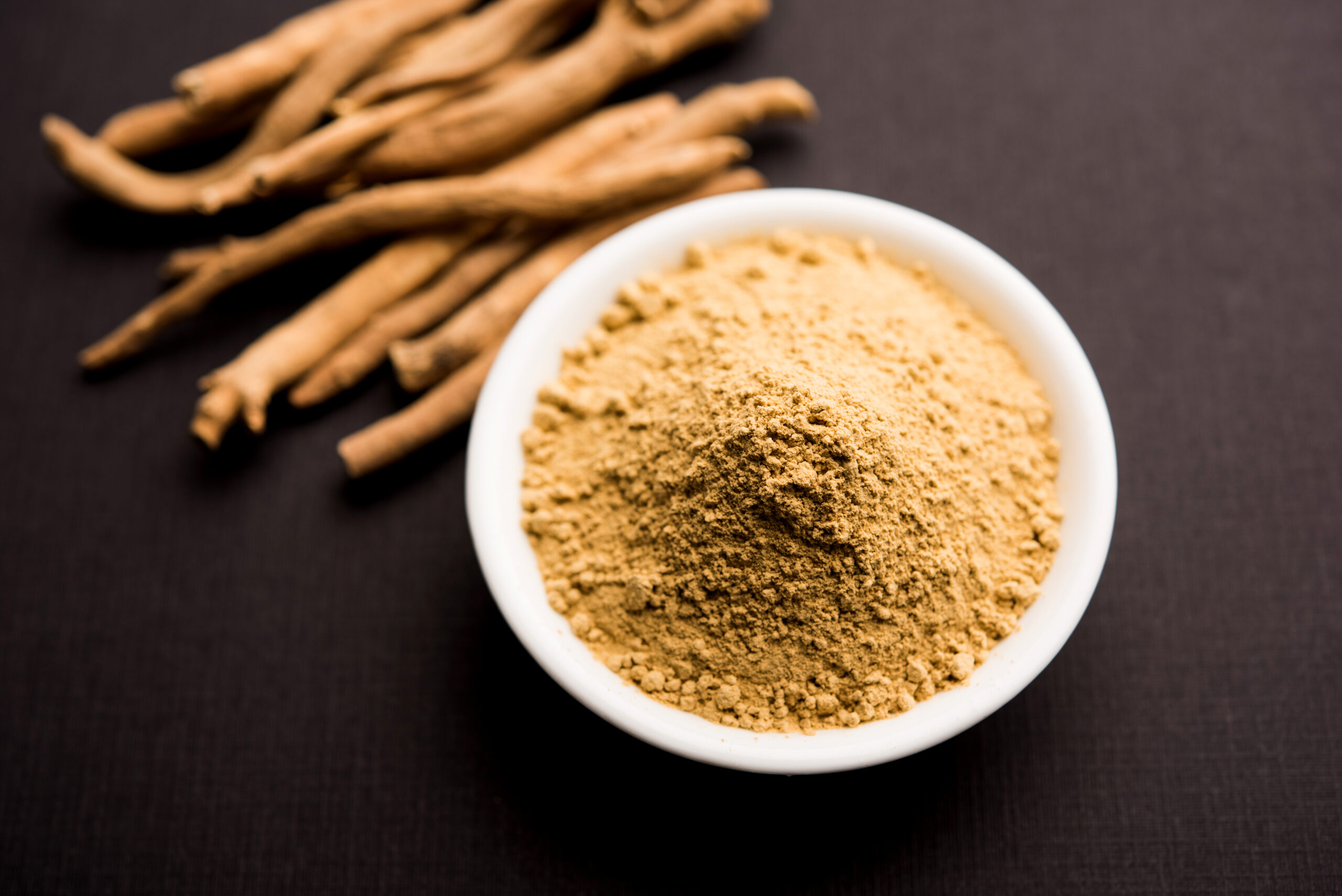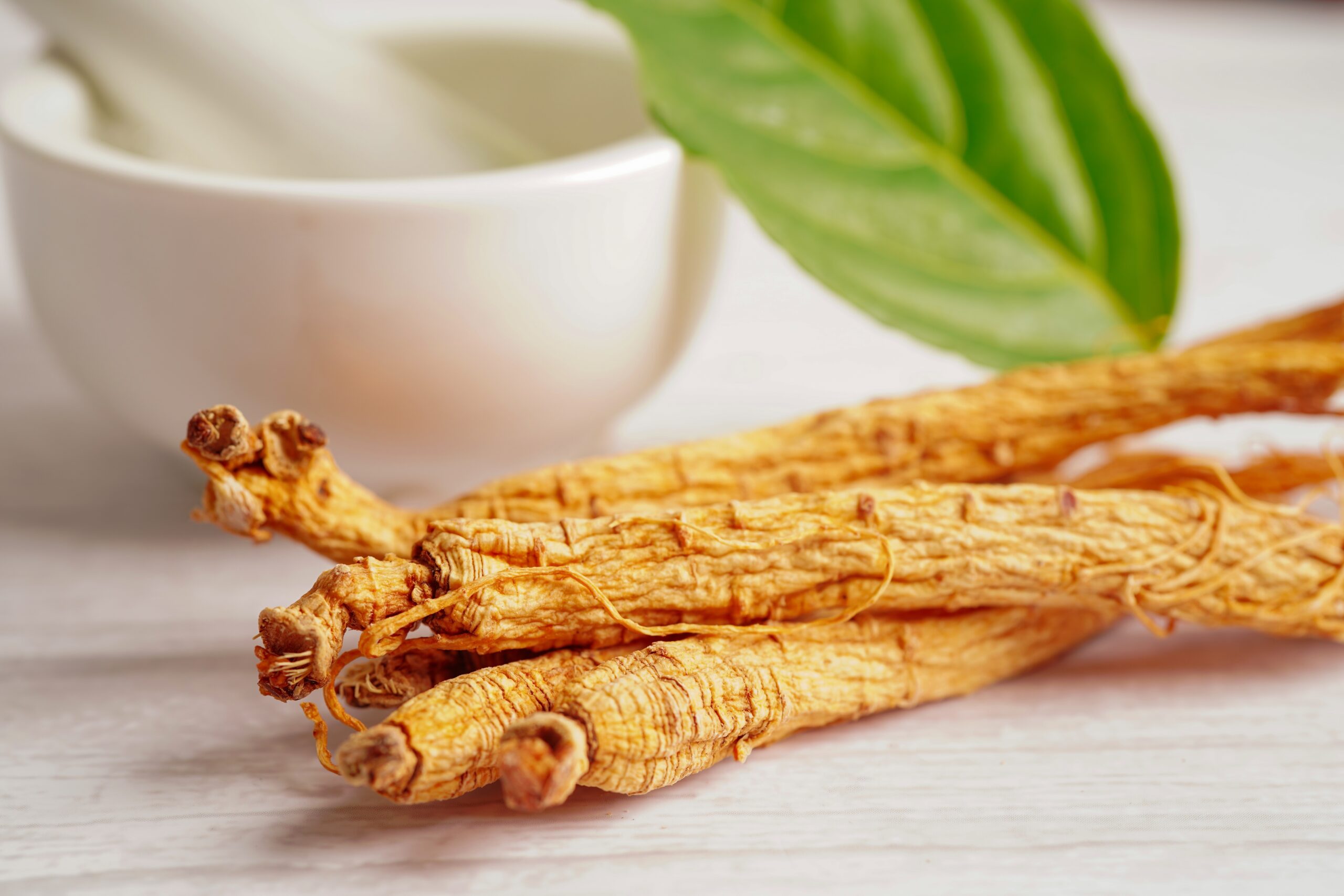Testosterone: The Overlooked Key to Men’s Health and Vitality
When most people hear “testosterone,” they think of sexual performance or gym muscles. But this essential hormone plays a much wider role in men’s overall health — from brain function and mood to metabolism, cardiovascular strength, and long-term vitality. While some equate testosterone solely with erectile function, scientific research reveals that this hormone plays a crucial role in multiple physiological and psychological domains. November is Men’s Health Month, so let’s explore why testosterone should be at the forefront of men’s health awareness initiatives and how its functions effect men’s well-being far beyond the bedroom.
Beyond Sexual Function: The Foundation of Male Vitality
Testosterone’s reputation for “manliness” is rooted in its influence on muscular mass, bone density, and general physical strength. These classic masculine traits underscore testosterone’s function in anabolic processes, allowing men to maintain muscle and bone health, which are crucial as men age. Clinical studies confirm that healthy testosterone supports bone mineral density and muscle maintenance, both of which are critical for balance, mobility, and healthy aging.[1]
But the hormone’s role doesn’t end with physicality. Testosterone is instrumental in male reproductive health, affecting spermatogenesis (the generation of sperm), libido, and erectile performance. While these may seem like the most prominent impacts, overemphasizing sexual function overshadows testosterone’s complex involvement in many other systems. So let’s dive in.
Mood, Depression, and Mental Acuity
Emerging research links testosterone deficiency (commonly called hypogonadism) to anxiety, depression, and deteriorating mood. Men suffering from low testosterone frequently report symptoms such as irritability, feeling “flat,” tired, or unmotivated. One large placebo-controlled clinical trial involving testosterone replacement therapy (TRT) in men with documented deficiency found that TRT significantly improved depression scores and mood stability after eight months of treatment. The study’s results were particularly pronounced in men who started with high scores on depression inventory scales, and the effect was most noticeable when concurrent cognitive impairment was present.[2][1]
Why? Testosterone receptors are found throughout the brain, including regions that regulate emotion and focus. Adequate levels help maintain mental sharpness, verbal memory, and motivation, while deficiency has been linked to slower processing and reduced concentration. Some evidence even suggests TRT may slow the progression of cognitive impairment in aging men, possibly helping slow or prevent age-related declines including progression to Alzheimer’s disease.[2]
Drive, Ambition, and the “Will to Succeed”
Testosterone influences more than physiology — it fuels drive, confidence, and competitiveness. Studies show that higher testosterone levels correlate with persistence, social dominance, and the motivation to achieve goals.[3] These traits can shape success not just in sport, but in relationships, leadership, and personal growth.
Cardiovascular Health
Testosterone isn’t just a metabolic hormone—it’s also critical and protective for heart health. Low testosterone is associated with greater risk for metabolic syndrome, type 2 diabetes, and even heart disease. The molecular mechanisms are complex, including effects on vascular dilation, cardiac contractility, and cholesterol metabolism. Randomized trials show that men with normal testosterone levels have better endothelial (vascular lining) function, lower rates of insulin resistance, and improved lipid profiles compared to those with deficiency.[4][5][6]
Testosterone replacement therapy, when properly administered to men with confirmed deficiency, can improve multiple cardiovascular risk markers. It’s important to note that the benefits are most pronounced in men with hypogonadism and not in healthy men with normal levels—hence, the need for careful diagnosis and appropriate therapeutic targets.
Metabolic Health
Metabolic syndrome—which encompasses a cluster of conditions including increased abdominal fat, high blood pressure, elevated blood sugar, and abnormal cholesterol—poses a major risk to men’s health as they age. Low testosterone is highly correlated with increased fat mass, decreased insulin sensitivity, and unfavorable shifts in lipids. Well-conducted studies demonstrate that testosterone therapy improves body composition by increasing lean muscle and decreasing fat, resulting in better metabolic profiles and decreased risk for type 2 diabetes.[6]
Longevity and Quality of Life
The aim of longevity medicine is not merely to live longer, but to live better. Men with low testosterone often experience fatigue, poor recovery, and a loss of vitality. When testosterone levels are restored appropriately, patients report improved energy, sleep, and overall resilience — aligning with modern principles of functional and longevity medicine.[7][1]
Practical Insights for Men’s Health Month
Raising awareness about testosterone is vital, but education must emphasize that it’s not a “magic cure” or a cosmetic fix. TRT is beneficial mainly for men with confirmed deficiency and specific symptoms such as low libido, depressive mood, mild cognitive impairment, or declining physical capacity. Overuse or non-indicated use of testosterone can have risks, including worsening underlying heart disease, sleep apnea, or prostate issues. Therefore, the functional medicine approach should begin with a comprehensive evaluation—including symptom screening, laboratory assessment, and careful risk-benefit analysis.[2]
A Functional Medicine Approach
For practitioners and men alike, the following integrative strategies create a sustainable framework for testosterone and overall endocrine health:
- Comprehensive hormone evaluation, measuring total and free testosterone, SHBG, estradiol, and DHEA-S) to determine true deficiency and root causes, alongside correlated symptoms.
- Attention to lifestyle factors: physical activity, nutrition, stress levels, and sleep hygiene.
- Limiting alcohol and endocrine-disrupting chemicals
- Use of targeted supplementation, nutrients and herbs and/or TRT (only for men with documented deficiency), following guidelines and ongoing monitoring.
- Addressing coexisting metabolic, cardiovascular, and psychological comorbidities as part of an integrated care plan.
Evidence-Based Natural Support Summary
| Compound | Mechanism | Dose Range | Key Benefits | Clinical Duration | Safety Notes |
| Tongkat Ali (Eurycoma longifolia) | Enhances LH & reduces SHBG, increasing free T | 200–400 mg/day | ↑ Testosterone, libido, vitality | 4–12 weeks | Mild GI upset, rare liver toxicity [4][6][8] |
| Horny Goat Weed (Epimedium sp.) | PDE5 inhibition, androgen mimicry | 250–500 mg/day | ↑ Libido, erectile function | 4–8 weeks | Rare hypotension or hepatic effects [13][5][17] |
| Ashwagandha (Withania somnifera) | Lowers cortisol, ↑ LH | 300–600 mg/day | ↑ Testosterone 10–15%, improved sperm & mood | 8–12 weeks | Mild GI upset, transient liver enzyme rise [3][7][10] |
| Clomiphene (Rx) | Blocks estrogen feedback → ↑ LH/FSH | 25–50 mg/day | ↑ Testosterone, preserves fertility | 4–6 weeks | Headache, mood change, visual effects [21][22] |
| hCG (Rx) | Mimics LH to stimulate Leydig cells | 1,000–2,000 IU 2–3×/wk | ↑ Testosterone, preserves fertility | 4–8 weeks | Possible gynecomastia or edema [23][24] |
3 Natural Herbs That Help Boost Testosterone in Men
Low testosterone can affect energy, mood, strength, and even motivation. While lifestyle changes like better sleep and exercise are essential, certain herbs have shown real promise in supporting healthy testosterone levels naturally. Among the most studied are Ashwagandha, Tongkat Ali, and Horny Goat Weed. Here’s what the research says about how each one works — and what to know before adding them to your routine.
🌿 Ashwagandha (Withania somnifera)

Ashwagandha is one of the most researched natural herbs for men’s vitality and hormone balance. Studies have shown that standardized root extracts of ashwagandha can significantly increase testosterone levels, sperm count, and muscle strength in men — especially those under stress or dealing with reduced fertility [8, 11, 13]. Researchers believe this happens because ashwagandha lowers cortisol, the stress hormone that can suppress testosterone production. By easing stress and improving resilience, it helps create a healthier environment for testosterone to thrive [10, 13].
Beyond hormones, ashwagandha also enhances physical performance and energy. Men in clinical trials often report better strength gains and endurance during workouts, likely due to improved mitochondrial function and reduced oxidative stress in muscles [8, 11]. Some studies also observed improvements in sperm quality and motility, pointing to broader reproductive benefits [13].
In general, ashwagandha is considered safe at recommended doses, though rare cases of liver irritation have been reported [20]. Choosing a high-quality, standardized extract ensures consistent potency and safety. For most men, ashwagandha can be a gentle, effective way to support testosterone, vitality, and stress management — naturally [10, 11, 20].
🌱 Tongkat Ali (Eurycoma longifolia)

Also known as Malaysian ginseng, Tongkat Ali has long been valued as a natural energy and libido booster. Research shows that its key compound, eurycomanone, helps increase the body’s production of free testosterone — the active form that supports muscle growth, sexual function, and energy levels [9, 12, 13]. In human studies, men taking Tongkat Ali experienced higher testosterone levels, reduced stress hormones, and improved mood, particularly those dealing with fatigue or mild andropause [10, 13].
Tongkat Ali works by stimulating the body’s natural hormone feedback loop — the communication between the brain and testes — instead of replacing hormones directly. It may also lower sex hormone-binding globulin (SHBG), a protein that traps testosterone, allowing more of the hormone to stay active in the body [12, 13]. Many men report improvements in motivation, stamina, and overall vitality after consistent use [9, 12].
The good news: Tongkat Ali is generally well tolerated when used responsibly. The NIH’s LiverTox database notes that serious side effects are rare [9]. When paired with good nutrition and exercise, Tongkat Ali can be a powerful, natural ally for restoring healthy testosterone and maintaining peak performance at any age [10, 12, 13].
🍃 Horny Goat Weed (Epimedium spp.)

Horny Goat Weed — yes, that’s its real name — has been used in traditional Chinese medicine for centuries to enhance sexual vitality. Its active ingredient, icariin, improves blood flow and sexual performance by boosting nitric oxide levels in the blood vessels [15, 16, 17]. Some studies also suggest that icariin may support healthy testosterone production by protecting testicular cells from stress and enhancing the body’s natural hormone balance [15, 17].
Beyond libido, Horny Goat Weed supports bone and muscle health, two areas closely linked to testosterone. Research shows that icariin promotes anabolic (tissue-building) activity, which can help maintain muscle tone and bone density, particularly in aging men [15, 17]. Combined with its circulation-enhancing effects, it’s no wonder this herb remains a popular choice for boosting male vitality [16, 17].
That said, quality and dosage matter. While generally safe in moderate doses, some poorly made or high-dose products have been linked to liver irritation [14, 18, 19]. To stay safe, choose standardized icariin extracts and consult a healthcare provider if you have liver or heart issues. When sourced and used properly, Horny Goat Weed can naturally complement testosterone support by enhancing energy, blood flow, and overall performance [15–17].
When to Consider Medical Therapy
TRT and medical agents such as Clomiphene or hCG are reserved for men with documented low testosterone and symptoms such as fatigue, low libido, depression, or loss of muscle mass.
Unsupervised or unnecessary testosterone use can increase risk for sleep apnea, blood clots, or prostate issues. Diagnosis, follow-up testing, and periodic re-evaluation are essential to safe and effective treatment.
Conclusion: Reclaiming Holistic Men’s Health
Testosterone’s roles go far beyond sexual function—it drives muscle and bone health, mood, cognitive performance, ambition, metabolic control, and cardiovascular resilience.
During Men’s Health Month, it’s time to move beyond the myths and embrace a holistic, evidence-based approach to optimizing men’s hormones. By supporting testosterone naturally and medically when appropriate, men can reclaim vitality, confidence, and long-term health.
* It is important to clarify that Naturopathic Physicians are unable to prescribe testosterone in BC. However, we can provide screening, assessment and recommendations for testosterone support and help to improve levels naturally prior to men commencing TRT.
CoWritten By Dr. Jordana Aziz, ND & Dr. Emina Jasarevic, ND | Men’s Health Month Feature
References
[1] Rojas-Zambrano JG, et al. Impact of Testosterone on Male Health: A Systematic Review.[2] Sung HH, et al. Effect of Testosterone Replacement Therapy on Cognitive Performance and Depression in Men with Testosterone Deficiency Syndrome.
Additional research referenced throughout the article:.[5][3][4][6][7]
[1] Impact of Testosterone on Male Health: A Systematic Review https://pubmed.ncbi.nlm.nih.gov/40290556/[2] Effect of Testosterone Replacement Therapy on Cognitive … https://pmc.ncbi.nlm.nih.gov/articles/PMC5209560/
[3] Exogenous testosterone increases status-seeking … https://pubmed.ncbi.nlm.nih.gov/31884320/
[4] The Effect of Testosterone on Cardiovascular Disease and … https://pmc.ncbi.nlm.nih.gov/articles/PMC8636244/
[5] The role of testosterone in the metabolic syndrome: a review https://pubmed.ncbi.nlm.nih.gov/19444934/
[6] Testosterone: a metabolic hormone in health and disease https://pubmed.ncbi.nlm.nih.gov/23378050/
[7] Investigating the association of testosterone with survival in … https://pubmed.ncbi.nlm.nih.gov/34234209
[8] Effect of standardized root extract of ashwagandha – PubMed
[9] Tongkat Ali – LiverTox, NCBI Bookshelf
[10] Examining the Effects of Herbs on Testosterone – PubMed
[11] Withania somnifera (Ashwagandha) supplementation – PMC
[12] Metabolome classification of Tongkat Ali – PubMed
[13] Dietary Adjuncts for Improving Testosterone Levels – SAGE Journals
[14] Horny Goat Weed – LiverTox, NCBI Bookshelf
[15] Literature review on Epimedium – ScienceDirect
[16] Horny Goat Weed: Can It Treat Erectile Dysfunction? – Healthline
[17] Erectogenic and neurotrophic effects of icariin – PubMed
[18] Herba Epimedium Toxicity – PMC
[19] Acute Hepatotoxicity Associated with Horny Goat Weed – PMC
[20] Ashwagandha – LiverTox, NIH

